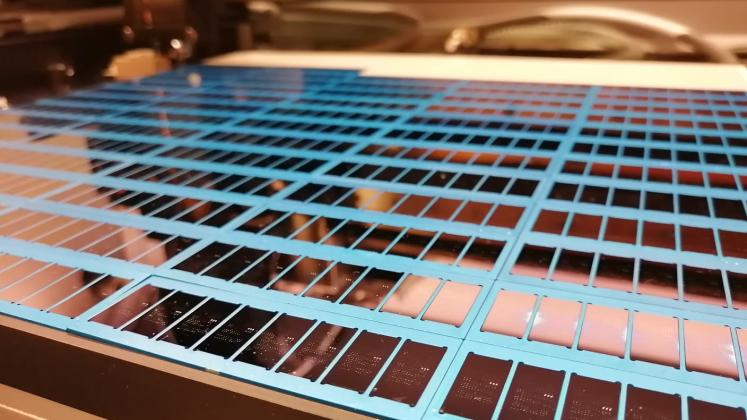


The PhD programme Molecular, Cellular and Clinical Allergology (MCCA) is conducted within the Danube Allergy Research Cluster (Danube ARC) in universities and research institutions in Lower Austria (Karl Landsteiner University Krems with the University Hospitals in St. Pölten and Krems; and the AIT) and in Vienna (Medical University of Vienna, University of Natural Resources and Life Sciences, Messerli Institute).Molecular, Cellular and Clinical Allergology (MCCA).
The PhD studies within the MCCA program offer deep insights into clinical cutting-edge medicine while addressing relevant issues in molecular and cellular allergology. Mandatory training within the two complementary fields rounds out the training and ensures that a holistic view of allergology as a whole is gained at the end.
The aim of the PhD programme is to train and support highly qualified PhD students in the field of allergy research and to strengthen the long-term perspectives of allergy research in Austria, but also internationally, and to develop innovative strategies for diagnosis, therapy and prevention of allergic diseases.
The scientific supervisors of the individual PhD projects have been carefully selected to cover the field of allergology from disease-causing allergen molecules to allergen-specific immune responses in vitro and in vivo to clinical applications. This ensures a training program that covers the entire field of allergology. The activities within the PhD programme are intended to promote the sustainable development of allergy research in Lower Austria and Vienna.
The PhD programme is run by the heads of the 16 research groups, whose scientific work covers a wide range of interdisciplinary topics - in addition to most basic science aspects (i.e. molecular biology, protein chemistry, structural biology, cell biology, agrobiotechnological animal models) also medical aspects of dermatology, respiratory diseases and ENT, hematology, immunology, mycology, pathophysiology, laboratory medicine, specific prophylaxis and pediatric allergies including food allergies.
In addition to an intensive training program, the PhD programme provides a personalized mentoring environment for individual students based on intra- and extramural scientists and members of the International Scientific Advisory Board (ISAB) who provide support, guidance, as well as further career planning.
Wir verwenden Cookies, die zum einen technisch notwendig für die Funktionalität unserer Website sind, aber auch Cookies zu funktionellen, Marketing- und Analysezwecken um das Nutzungserlebnis auf unserer Seite zu optimieren. Mit Ihrer Einwilligung zu den Cookies werden sowohl von uns Daten verarbeitet als auch von Drittanbieter:innen, die ihren Sitz teilweise in Drittländern (z.B. den USA) haben. Nähere Informationen zu den Tools und den Partner:innen finden Sie in unserer Datenschutzerklärung, in der wir auch genau erklären, was eine Datenübermittlung in die USA bedeuten kann. Ihre Cookie-Einstellungen können Sie auf Wunsch jederzeit individuell anpassen oder widerrufen.
Zweck der Datenverarbeitung
Wir benötigen die Daten, um das Surfverhalten der Nutzer zu analysieren und Informationen über Nutzung der einzelnen Komponenten der Website zu erhalten. Das ermöglicht uns, die Website und ihre Nutzerfreundlichkeit stetig zu optimieren. In diesen Zwecken liegt unser berechtigtes Interesse nach Art. 6 Abs. 1 lit. f DSGVO begründet. Durch die Anonymisierung der IP-Adresse tragen wir dem Interesse der Nutzer am Schutz personenbezogener Daten Rechnung. Die Daten werden nie dazu genutzt, den Nutzer der Website persönlich zu identifizieren und werden nicht mit anderen Daten zusammengeführt.
Folgende Cookies werden nur nach Ihrer Zustimmung gesetzt:
Folgende Cookies werden nur nach Ihrer Zustimmung gesetzt:

